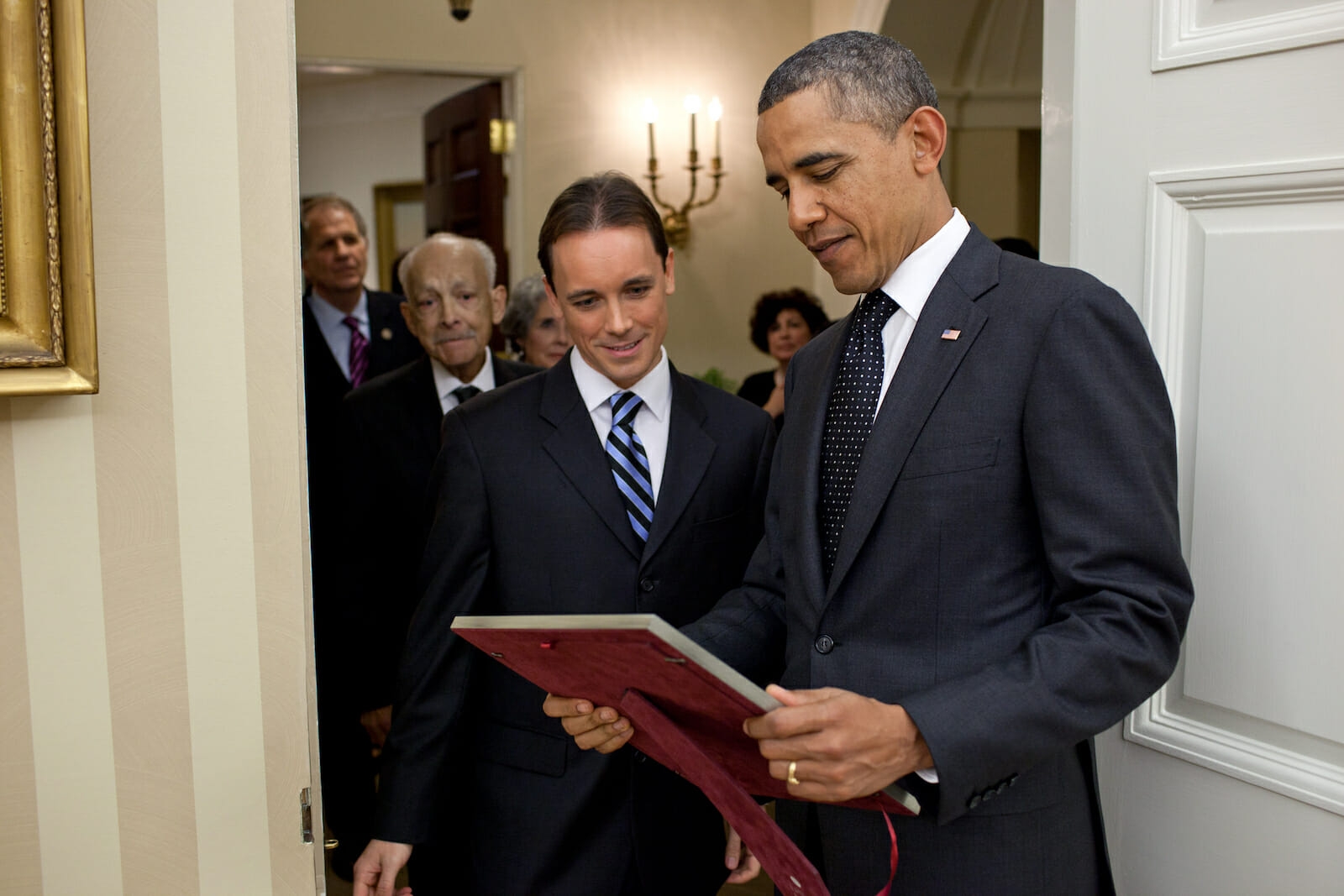
The Peace Corps and Violence in Central America
In Central America, the Peace Corps is getting leaner. The organization has recently announced that it will be pulling out of Honduras. The Peace Corps has also put a hold on sending new training groups to Guatemala and El Salvador. There is no question that these countries are dangerous. Honduras, for example, has a murder rate of nearly 82 people per 100,000 inhabitants, the highest in the world. The safety of Peace Corps volunteers has been an intensely debated topic on Capitol Hill recently. Earlier this year, the House and Senate unanimously passed the Kate Puzey Volunteer Protection Act of 2011.
This is an important bill for which Congress deserves praise, but, it does little to address volunteer safety and deals more with how the Peace Corps should respond after an incident has already occurred. Furthermore, total safety is an illusion; people need to understand that. According to ABC, “The bill requires the Peace Corps to improve the training of volunteers to reduce sexual assault risk, would protect whistleblowers, and would require the Peace Corps to hire victims’ advocates for each region the agency serves.”
As I have argued in International Policy Digest, concerns about the safety of Peace Corps volunteers have been and continue to be exaggerated. On the other hand, the level of violence in Central America is alarming, so apprehensions about volunteer safety in these particular nations are not without merit.
As mentioned, the question is not whether these three countries are dangerous; obviously, they are. What people need to be asking is: Was the response by the Peace Corps an appropriate one? Or is it an overreaction? Most of the violence in Guatemala, El Salvador and Honduras is in the respective capitals of those countries, hardly places Peace Corps volunteers would be spending much time.
It is unclear who is actually driving the decision to withdraw all volunteers from Honduras. It could be Peace Corps Director Aaron S. Williams. It could be the US Congress. Or maybe Country Directors within these three countries are deeply concerned about the deteriorating security environment in Central America, and that they have conveyed those concerns to Peace Corps Washington. It is unlikely that Honduras’s Peace Corps Country Director, Mrs. Emily Untermeyer, would advocate for a full withdrawal. She was sworn in a little more than a year ago.
The security situation in Central America is going to get worse before it gets better. Security and the respect for human rights in post-coup Honduras under President Lobo have been abysmal. This is indisputable. Yet a full-scale withdrawal of the Peace Corps seems impetuous. Besides, it will make reentering Honduras very costly. The Peace Corps has made it clear that all 158 volunteers in Honduras are “safe,” but that they will all be leaving in January. Now, allowing current volunteers in Guatemala and El Salvador to stay put (a group of PCVs totaling more than three-hundred people) is a wise decision. Holding back a training group or two is a balanced, more considerate response.
Again, regarding the Honduras withdrawal, where such a bold move emanated from, or how long it took this decision to go from an idea to official policy is unclear. What is clear is that it speaks volumes about both Central America’s current level of insecurity and worries in Washington about Peace Corps volunteer safety.
Iraq and Afghanistan have dominated headlines in the United States for the past decade. To put it mildly, the Arab spring (and the effects of previous US policies in the Middle East) certainly seem to have gotten people’s attention. Yet, Central America is the most violent region in the world. There are many reasons to think that violence in the short-term will increase and this recent announcement by the Peace Corps seems to underscore that point. The US has pressing security and geopolitical concerns in East Asia and elsewhere; that is irrefutable.
But something else is also irrefutable: if Washington refuses to pay more attention to Central American violence, continues to view US drug policy as a matter of criminality (as opposed to public health) and promotes what is at best an incoherent strategy as it relates to security in the Western Hemisphere, the effects of such a “strategy” will be devastating and will take, at least, decades to overcome. Pulling Peace Corps volunteers out of violent Central American countries is an inappropriate policy response to a much larger, more complex dilemma. It is disaster mitigation. Washington should address the root causes of the problems in Central America, instead of avoiding them.
